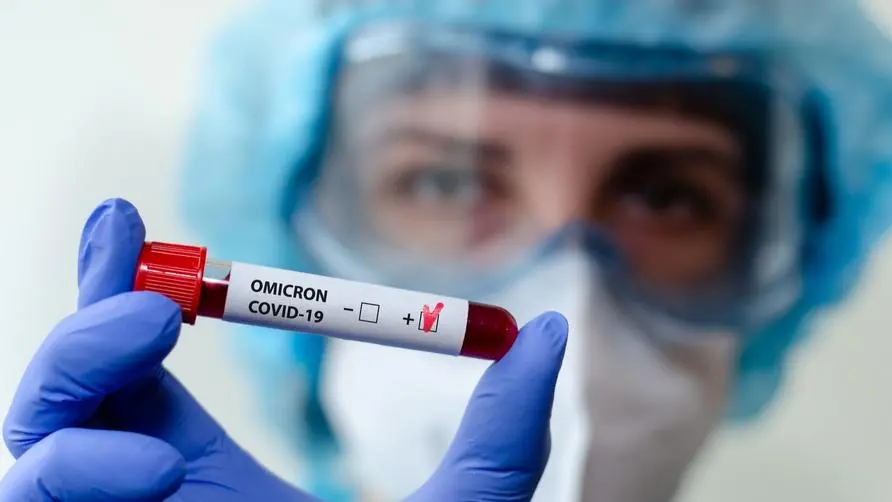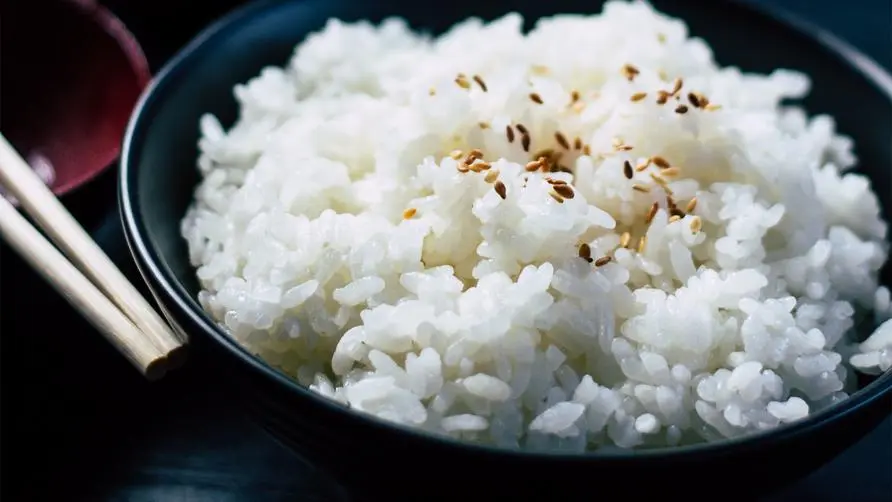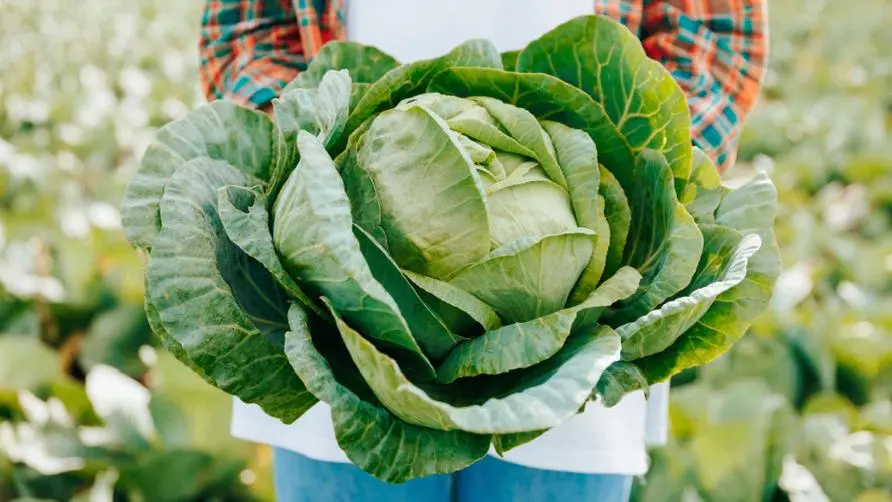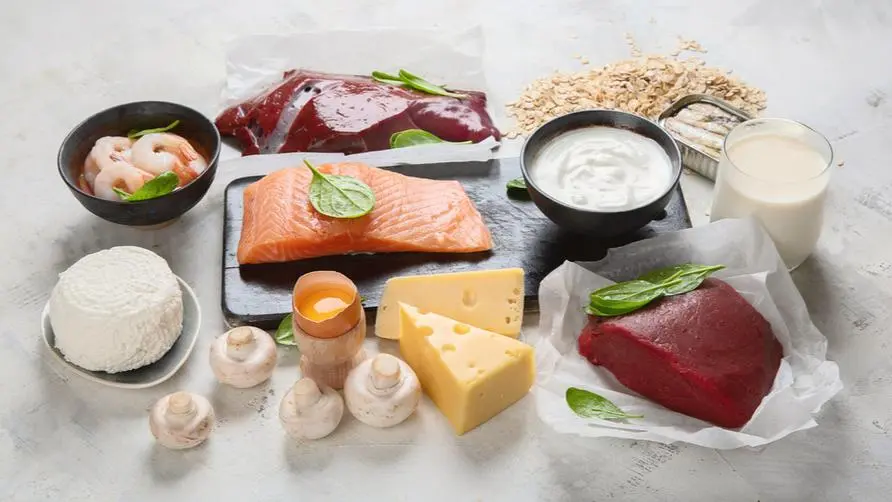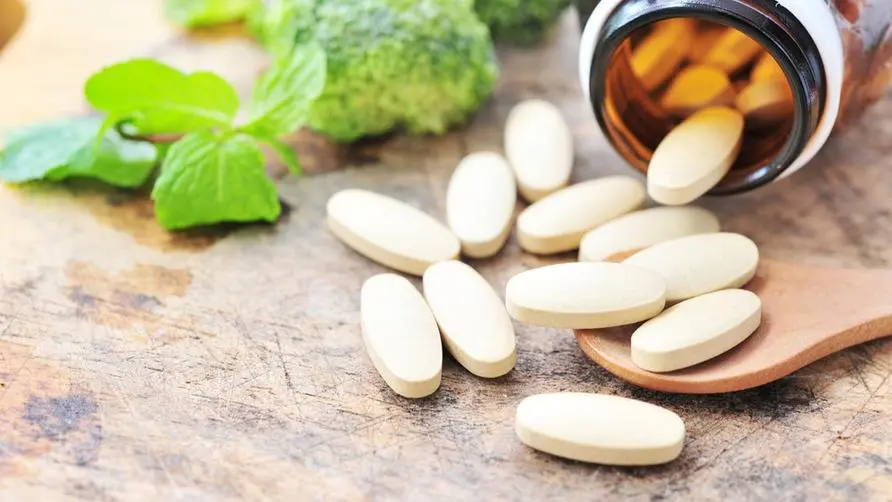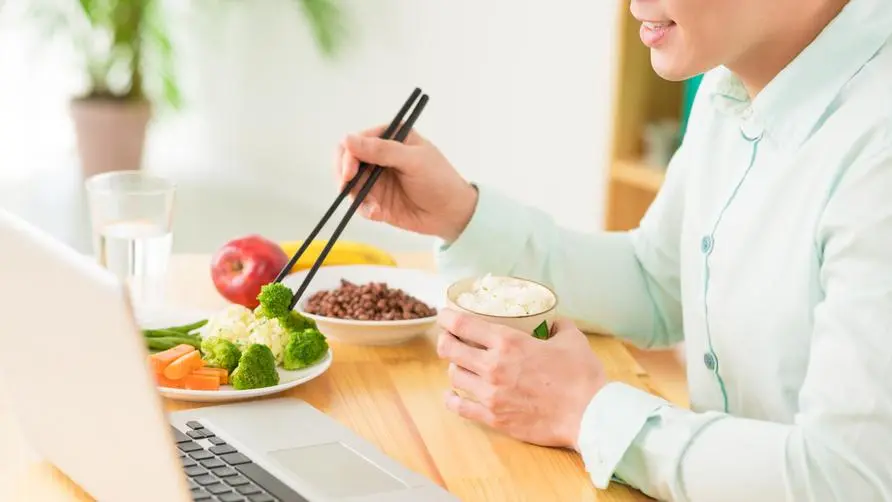Can nuclear food contain radiation that harms the body and causes cancer? Toxicology expert: Eat more "antioxidant" fruits and vegetables to help repair DNA
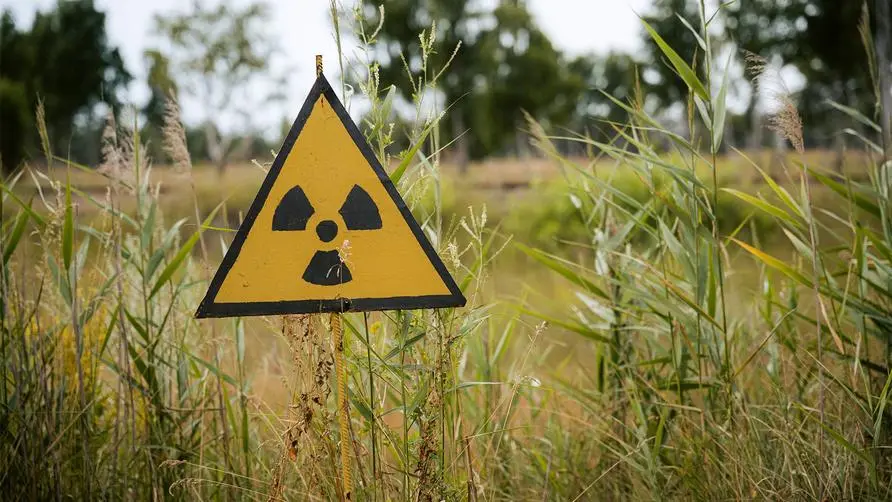
Is it most dangerous to eat imported aquatic products? Taiwan’s standards are 12 times stricter than those of the United States
Taiwan officially announced the opening of food imports from the five Japanese prefectures of Fukushima, drawing public attention to the issue of nuclear food safety. A major earthquake occurred in Japan on March 11, 2011, causing radiation from the Fukushima Nuclear Power Plant. In the same year, Taiwan banned the import of food from the five prefectures of Fukushima, Ibaraki, Tochigi, Gunma, and Chiba to prevent Taiwanese people from ingesting isotope radioactive materials in nuclear contamination.
Professor Zhao Mingwei from the Department of Biotechnology of Chung Yuan University pointed out that the most important inspection items for Fukushima food imports are iodine-131, cesium-134, and cesium-137. When the Fukushima nuclear disaster occurred 11 years ago, the iodine detected in local food , cesium exceeded the standard in large quantities, so import management measures for specific regions were formulated.
Professor Zhao Mingwei said that nuclear pollution is discharged through seawater, so the risk of aquatic products is relatively high, such as mushrooms, tea, or seafood, etc., which are more likely to retain radioactive substances. However, the testing standards for iodine and cesium set by Taiwan are quite strict, 10 times stricter than the international CODEX standards and more than 12 times stricter than the US standards. They also refer to Japan’s “daily intake of nuclear food” limits. Therefore, as long as the imported food passes the inspection, people can eat it with confidence.
Could eating Fukushima fruit cause cancer? Recruiting Mingwei: Only tens of thousands of them are possible
People are worried that residual radiation from nuclear weapons may affect their health. Professor Zhao Mingwei explained that high-radiation and high-radioactive isotopes such as uranium and radium are more harmful to health. The main problem with imported food from Fukushima, Japan is the residual amounts of iodine and cesium. The half-life of iodine is 8 days and that of cesium is 30 years. Although it has a long half-life, at extremely low doses, the risk of harm to the human body is minimal.
Professor Zhao Mingwei pointed out that the “Beck” of the inspection standard is the standard for calculating the amount of radiation residue, and the “Sievert” is the recommended intake standard for the human body. Using 100 becq of cesium-137 as a benchmark, the average person would need to ingest tens of millions of times more to reach the risk of cancer. Therefore, people do not need to worry that eating Fukushima bananas and apples will cause cancer. The dose that is truly harmful to the body may require eating “tens of thousands.”
“Calculated based on the currently prescribed baker’s amount of nuclear food, it is already far lower than the background value of radiation in the environment!” Professor Zhao Mingwei said that in addition to diet, the human body is exposed to trace amounts of radiation every day, such as computers, mobile phones, etc. etc., and the radiation limits for Fukushima food are much higher than environmental radiation. Although such substances may accumulate in the body at extremely low doses, the actual risk is very low.
Radiation substances damage DNA. Eat more antioxidant fruits and vegetables to help repair it.
If you are worried about radiation risks, how can you protect yourself? Professor Zhao Mingwei pointed out that the main impact of radiation substances on the human body is to damage DNA. As long as the DNA repair function is increased, radiation damage can be reduced. You can eat more natural foods and fresh fruits and vegetables containing antioxidant ingredients on weekdays. At the same time, reduce the consumption of fried, barbecued and other foods with a higher risk of cancer to help your health.
“Eat more antioxidant-rich foods to balance potential risks!” Professor Zhao Mingwei suggested that vitamins A, B, C, D, E, and minerals such as zinc and magnesium are all necessary to maintain the DNA repair mechanism. , Therefore, if the above-mentioned elements can be particularly strengthened in the diet, the DNA repair mechanism of the cells can be increased and the radiation substances can be avoided.
Professor Zhao Mingwei pointed out that foods with strong antioxidant properties such as broccoli, spinach, carrots, kiwis, red peppers, lentils, navy beans and mushrooms, as well as eggs, cod liver oil, sardines and mackerel, while almonds, oats, bananas and Magnesium is found in tofu; zinc is found in crustacean seafood. Cruciferous vegetables, oranges, avocados, and asparagus are rich in glutathione, which all help increase DNA repair efficiency.
Further reading:
